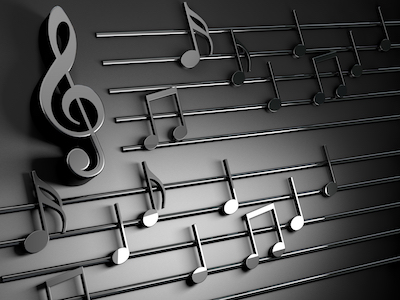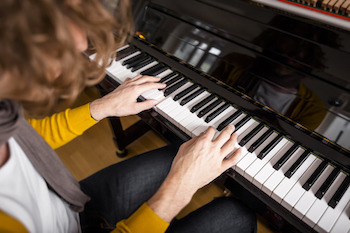Having a child today comes with a lot of responsibility. What will you teach her? What activities will you guide her into? What will fill her time?
Parenting used to be a hands-off approach. With lots of kids around, kids simply did what kids do. They played together and went to school. Parents provided a firm hand as necessary.
But with fewer children per family, many have become integral parts of their children’s lives. They drive here and there. They sign up for lessons. They set up playdates and events. They keep busy morning, noon, and night. 
That means there are more choice than ever for a child’s attention. And peer pressure may also have a guiding hand. Join the soccer team? Yes. Practice the piano? No.
It’s easier to provide group instruction. It’s also more lucrative. Why teach one child when you can teach multiple at the same time?
And besides, teams give kids important skills about communication and being together with others in your peer group. That’s the best way to go, right?
Well…
There are two sides to the coin. Of course, kids can learn a lot when joining a team. There’s nothing wrong with physical activity. Whether it’s soccer, or swimming, or gymnastics, it offers many different characterizations for a growing child.
However, it’s important to remember your child needs work from the inside out too.
That’s where many parents are overlooking one of the most successful ways of helping to develop a young brain – learning an instrument.
A piano specifically is one of the best instruments to learn on, offering the player the chance to play both the melody and the accompaniment.
And it’s more than learning how to play an instrument or making music. It’s also about improving your brain.
Studies show musically inclined individuals are better students, do better on tests, and perform better at learning multiple languages. You’ll find some of the most successful students in med school majored in music.
And those characteristics last a lifetime. Playing the piano improves cognitive abilities. It’s been shown to lessen the effects of memory-related diseases.
When you need to destress and decompress, nothing can satisfy like sitting down at the piano.
So why aren’t we pressing more for piano lessons for young kids? Maybe it’s time to make it a priority.





